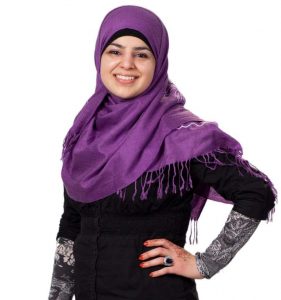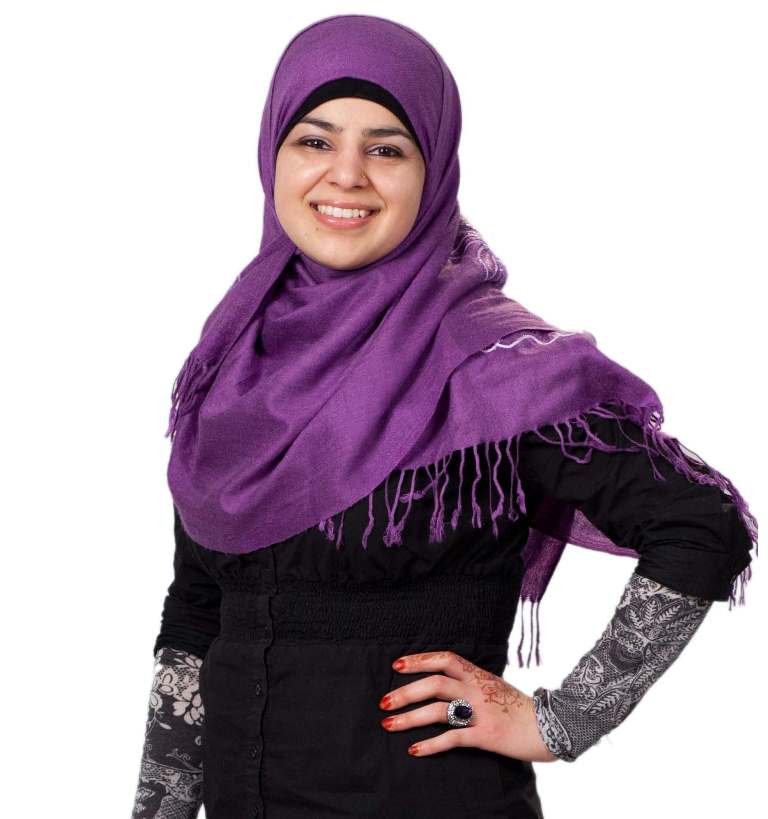
With a warm cup of chai in my hands, and the smell of spices and daal cooking on the stove, I burrow into my favorite spot on the couch and take a satisfying sip of my drink as I ponder about writing this article. How do I answer the proposed question: What’s it like to grow up as a Pakistani in a “Western” society. What is it like, I ask myself.
To sum it up in a few adjectives, it’s exciting, challenging, confusing (at times) and definitely a blessing. I’ve had the privilege of being able to understand our world through at least two views; actually, it’s more like having a few different outlooks weaved into one and being open to ongoing change. There are days where I’ve felt like two different people, trying to mesh things together, while other days I enjoy carrying out different ‘roles’ based on the situation that surrounds me.
I was born in BC and am first generation Canadian, as my parents were born in Pakistan. Since from the time that I can remember, my parents have surrounded my siblings and I with both the Islamic faith and Pakistani traditions. From clothing to food to knowledge, my parents taught and modeled value in retaining our faith and culture. Their advice still rings in my ears: “Do anything you want in life…just maintain you’re traditions and language” (ie. Islamic and Pakistani). They valued the methods of teaching and modeling (as opposed to forcing) in instilling love and respect towards our Islamic faith and Pakistani heritage. Above all, my parents emphasized on the value of being ‘good humans’ first and open to others’ opinions, while continuing to gain knowledge and sharing this with others.
I feel fortunate for my upbringing and having the chance to not only understand the world via different lenses, but to also travel and experience different parts of the world on a first-hand basis. I’ve traveled to Saudi Arabia and Pakistan a few times, and these experiences have only added to the deep love I have for both my faith and culture. Two cities in Saudi Arabia, Mecca and Medina, are well known and respected since they are a part of the Islamic Pilgrimage Hajj. Hajj is obligatory (at least once in a life time) on every able-bodied Muslim who can afford to do so. It is a physical, mental, and spiritual demonstration of solidarity among Muslims and submission to one God. I was quite young when my parents completed Hajj and thus did not grasp the concept in its entirety; however, I still remember the overwhelmingly peaceful feeling of being surrounded by thousands and thousands of individuals coming together for the same purpose. I hope to complete Hajj at least once in my lifetime and can only anticipate this experience based on the knowledge and experience I have gathered thus far.
On a similar note, having gone on a few vacations to Pakistan has enriched my life in so many ways. I’ve been able to experience Pakistani culture directly while also building and maintaining ties with family. With several relatives in Pakistan, I have been able to keep in touch with many of them on a regular basis and realize that despite media coverage, they are living their lives just like we are: fulfilling each day, striving to achieve goals, raising families, getting education and overall, living peaceful and enriching lives. I have learned so much more from time spend abroad than I could have learned in any textbook and try my best to share this knowledge with others in order to create understanding.
I believe the greatest privilege in growing up as a Muslim-Pakistani-Canadian female allows me to take experiences and knowledge from a wide variety of sources and interlace these into one personality. This is ongoing and changing and I hope that I can continue to enjoy a variety of experiences while maintaining my faith and cultural roots.

